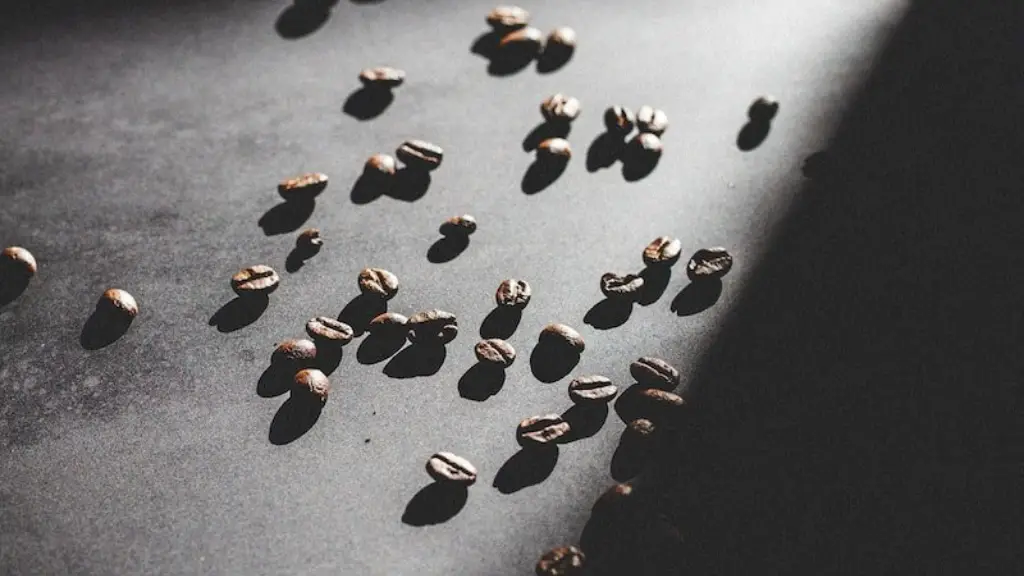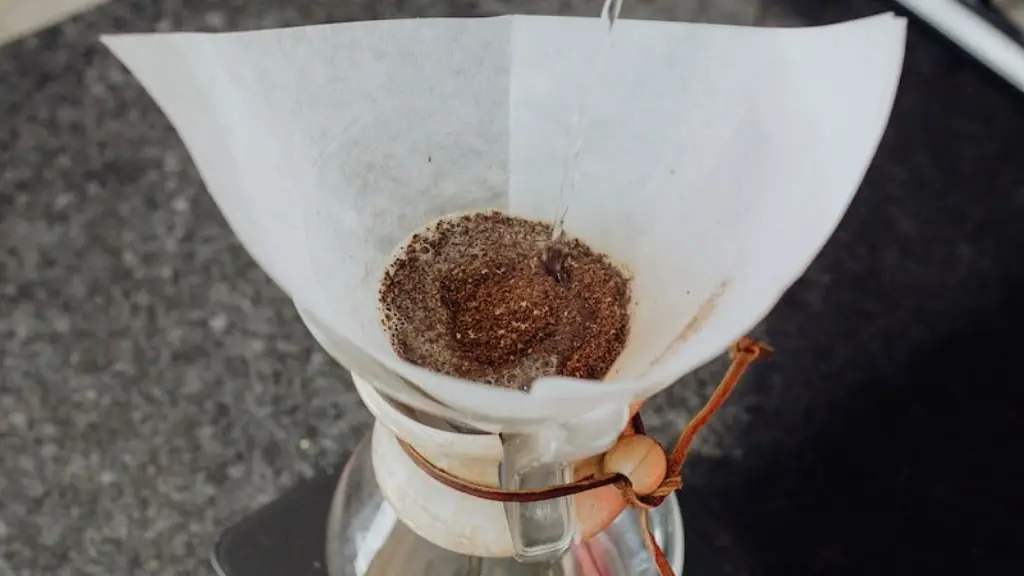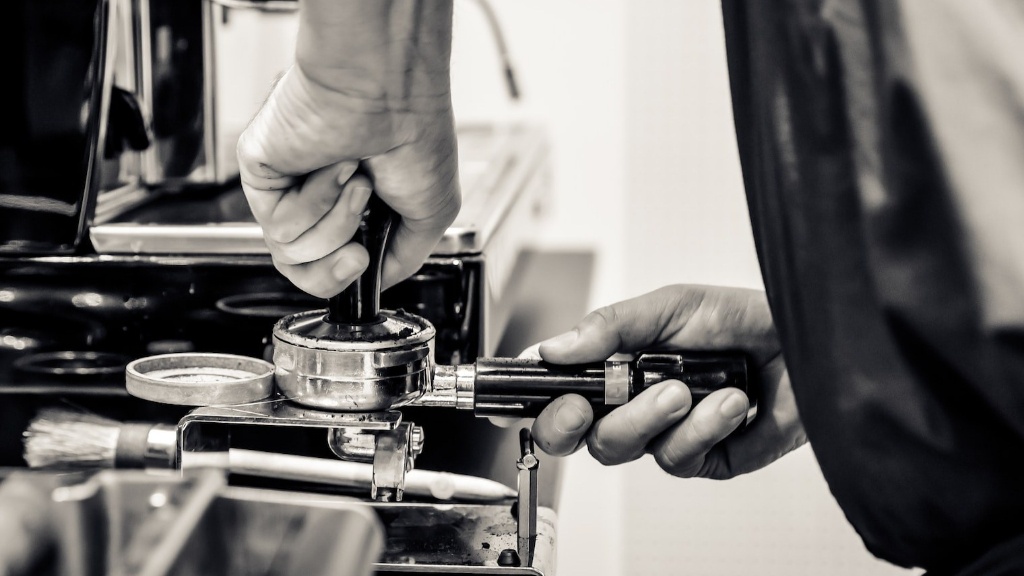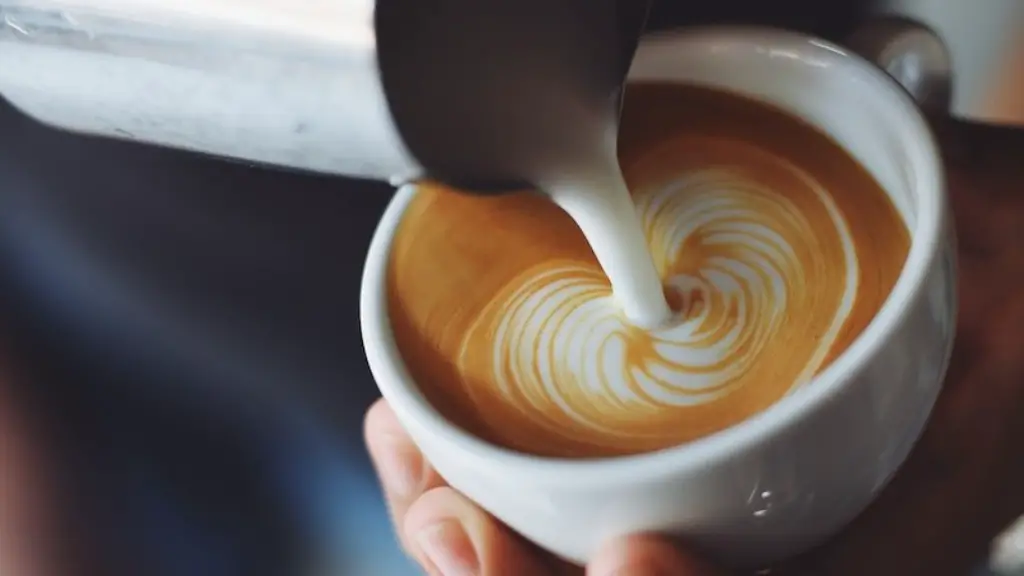It is often assumed that having an endoscopy is no different than any other procedure requiring fasting. This can be somewhat true, as is the case with many procedures, endoscopy patients are typically asked to remain on a clear liquid diet the day they are to have their endoscopy performed. However, there is one major difference between those preparing for an endoscopy and those undergoing any other fasting procedure: can you drink coffee after an endoscopy? The answer to this question is not always clear, as it depends on several factors.
There is actually no definitive answer to this question as it depends on several factors, including the type of endoscopy being performed, the patient’s medical history, and the doctor’s recommendations. Some medical professionals may advise against drinking caffeinated beverages after certain types of endoscopies, as the caffeine can act as a stimulant and cause the patient to have muscle spasms.
On the other hand, it is important to note that caffeine has also been known to help relax the body and promote better digestion. As such, it can be beneficial for those with certain stomach ailments to have a cup of coffee after an endoscopy. Additionally, even if one is not advised to have caffeine after an endoscopy, small amounts of decaffeinated coffee can still help to reduce bloating and improve digestion.
Despite the potential benefits of coffee, it’s important to remember that endoscopies are invasive procedures and can cause discomfort, especially when drinking something hot. For this reason, it’s best to wait until the doctor gives clearance before consuming any type of caffeinated beverage. Additionally, consuming coffee after an endoscopy may cause patients to feel nauseous or dizzy, so it is important to consult with a medical professional before drinking it.
Finally, it is important to understand that the effects of coffee on the body differ from person to person. While some may not experience any problems after drinking coffee after an endoscopy, others may find that it causes stomach upset or discomfort. Ultimately, it is best to listen to the advice of a medical professional and follow the instructions that they provide.
Possible Side-Effects
It is important to consider the potential side effects of drinking coffee after an endoscopy. Endoscopies can be a sensitive procedure and any changes to the pressure or temperature of the body can put a strain on the organs. Caffeine can cause dehydration and can even increase the risk of suffering from complications such as organ damage, tissue swelling, and other issues.
Additionally, coffee can also speed up the heart rate, which can cause further problems for those who have just undergone an endoscopy. In some cases, this can lead to extreme fatigue, light-headedness, and even chest pains. Therefore, it is important to pay attention to any changes in your body before and after consuming coffee. Any symptoms should be reported to a medical professional.
Furthermore, caffeine can heighten the body’s sensitivity to the medications used during an endoscopy. This can increase the risk of an adverse reaction, so it is best to refrain from drinking coffee if you are taking any type of medication. Furthermore, it is important to note that coffee may interfere with kidney or liver function, so people with these medical conditions should avoid consuming coffee after an endoscopy.
Alternatives to Coffee
If drinking coffee after an endoscopy is not suitable for you, there are several alternatives that can provide the same benefits. Herbal tea is one option, as it can be beneficial for digestion, reduce nausea, and improve hydration. Additionally, there are several decaffeinated teas that can still provide these benefits without the additional risks posed by caffeine. Fruits juices are also a great option for getting additional hydration without the drawbacks of caffeine.
Another option for those who want to get the benefits of caffeine without drinking actual coffee is adding small amounts of cocoa powder to warm milk or water. Chocolate milk can also be a good alternative, as the milk helps to improve digestion and the chocolate adds a nice flavor. Additionally, there are several types of decaffeinated coffee available that still contain a small amount of caffeine and will not put undue strain on the body.
Finally, drinking plenty of water is always essential for good health and can help to improve digestion. In addition to helping to rehydrate the body, water can also help to flush toxins and improve the functioning of the digestive system. Therefore, it is important to have plenty of water on hand before and after an endoscopy.
Diet After Endoscopy
It is important to note that although drinking coffee after an endoscopy may provide some benefits, it should not replace a balanced diet. A healthy diet is key to ensuring the body is able to properly recover after an endoscopy. Eating foods that are high in fiber, such as vegetables and whole grains, can help to improve digestion and reduce the risk of constipation. Furthermore, lean proteins and healthy fats can provide the body with the essential nutrients it needs to recuperate.
It is also important to avoid foods that are high in sugar, fat, and processed ingredients. These foods can slow down the digestive process and can increase the risk of developing further stomach issues. Furthermore, consuming large amounts of caffeine can also make the body more prone to stomach problems. For this reason, it is important to limit one’s intake of caffeinated beverages before and after an endoscopy.
It is also important to pay attention to how much food one is consuming before and after an endoscopy. Eating too much can put a strain on the digestive system. Therefore, it is important to listen to your body and eat only when you are hungry. Additionally, eating small meals more frequently can also help to improve digestion and ensure that the body is getting the nutrients it needs.
Exercise After Endoscopy
It is also important to take it easy, physically, in the days after an endoscopy, though it is beneficial to keep the body active. Low-impact activities, such as walking or light stretching, can help to speed up the recovery process. However, it is important to refrain from engaging in intense physical activity and sports until the body has had ample time to recuperate.
Light aerobic exercises to stimulate circulation, as well as deep breathing exercises, are great ways to start. If engaging in any sort of exercise, it is important to take it slowly and not push yourself too far. Additionally, it is important to stay hydrated and take breaks when needed.
Finally, if engaging in any sort of physical activity, it is important to dress appropriately. Wearing comfortable clothes, such as loose-fitting pants and tops, can help to support the body and allow it to move more freely. Additionally, it is important to wear proper shoes to protect the feet and ankles.
Trusting the Medical Professional’s Advice
It is important to remember that the endoscopy procedure is designed to diagnose and treat any potential underlying medical conditions. Therefore, it is important to consult with a medical professional before drinking coffee, or any other caffeinated beverage, after an endoscopy. Additionally, it is also important to adhere to the doctor’s instructions in terms of diet and exercise after an endoscopy.
It is also important to remember that recovery from an endoscopy can take time, so it is important to give the body the time it needs to recuperate. If any symptoms develop or there is an increase in discomfort, it is important to consult with a medical professional right away. Ultimately, it is important to trust the medical professional’s advice and to take any necessary precautions to ensure a safe, full recovery.




